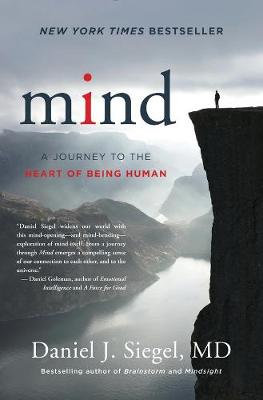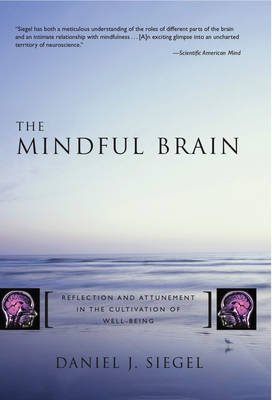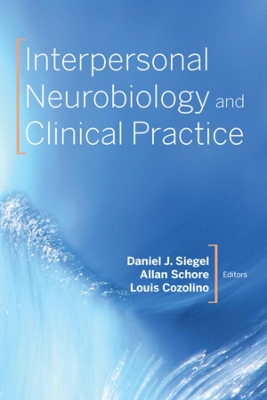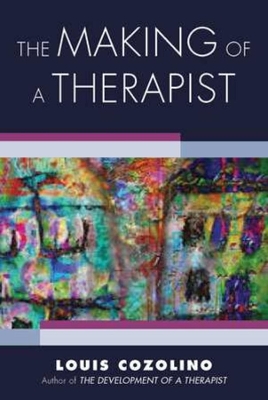Norton Series on Interpersonal Neurobiology
3 primary works • 4 total works
Book 0
Neuroscience studies the brain. A full examination of what we mean by the term “mind” has traditionally been the province of philosophers but here Daniel Siegel explores what neuroscience can teach us about it—how the mind differs from consciousness and how we know who we really are.
In Mind, Siegel, The New York Times best-selling author, brings his characteristic sensitivity and interdisciplinary background to this most perplexing of topics. He explores the nature of the who, how, what, why and when of your mind—of your self—from the perspective of neuroscience. Mind captures the essence of our true nature, our deepest sense of being alive, here, right now, in this moment. How science explains it is one of the most exciting journeys into knowledge we can take.
Book 0
Book 0
Interpersonal Neurobiology and Clinical Practice
by Daniel J Siegel, Allan N. Schore, and Louis Cozolino
Books in the Norton Series on Interpersonal Neurobiology have collectively sold close to one million copies and contributed to a revolution in cutting-edge mental health care. An interpersonal neurobiology of human development enables us to understand that the structure and function of the mind and brain are shaped by experiences; especially those involving emotional relationships.
Here, the three series editors have enlisted some of the most widely read IPNB authors to reflect on the impact of IPNB on their clinical practice and offer words of wisdom to the hundreds of thousands of IPNB-informed clinicians around the world. Topics include: Dan Hill on dysregulation and impaired states of consciousness; Deb Dana on the polyvagal perspective; Bonnie Badenoch on therapeutic presence and Kathy Steele on motivational systems in complex trauma.
Book 0
Veteran therapist and mental health writer Louis Cozolino’s classic text contains all of the things he wished someone had told him during the first weeks and months of his clinical training. Now available in paperback, the book includes guidance about working with your clients, such as how to cope with silence, handle their direct questions, and get them to talk less and say more. It also focuses on the inner experience of becoming a therapist and ways of thinking and feeling while sitting across from clients. It speaks honestly about not having all the answers, and shuttling up and down between your head and your heart as struggling clients sit before you. It balances the process of developing therapeutic skills while also taking an inner journey—to becoming the professional, and person, you hope to be. With a new introduction to the paperback edition, this book remains an essential clinical reference.
A Test Bank is available for professors using the book as a course text.



